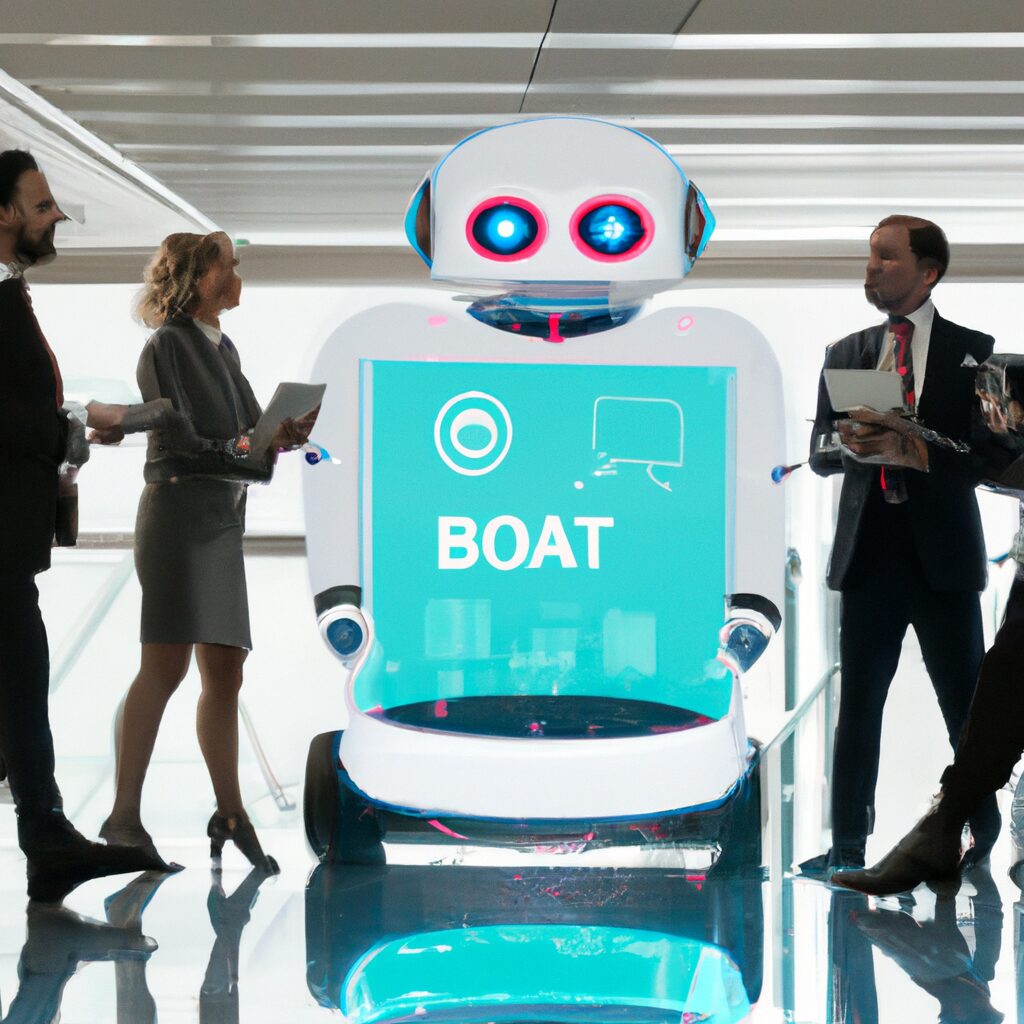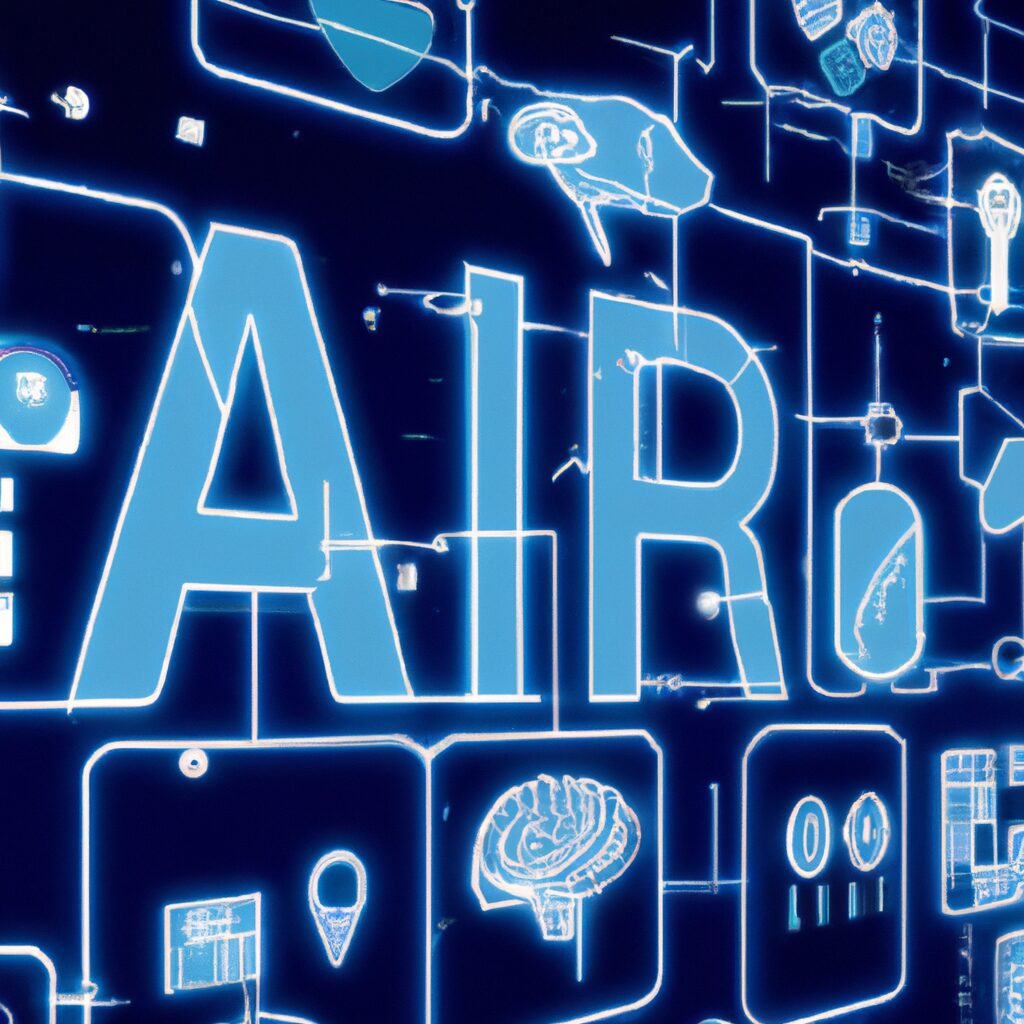Exploring the Multifaceted World of AI: Understanding Chatbots and Their Business Applications
- February 20, 2025
- Posted by: Mai - CF Brand Ambassador
- Category: Daily Blogs
Exploring the Multifaceted World of AI: Understanding Chatbots and Their Business Applications
Introduction
The rapid evolution of artificial intelligence (AI) technology has transformed various sectors, making processes more efficient and opening new avenues for innovation. Among the most significant AI applications are chatbots—smart systems designed to interact with humans using natural language. This article delves into how AI chatbots are revolutionizing business operations, enhancing customer interactions, and boosting productivity.
The Rise of AI Chatbots
AI chatbots have become increasingly sophisticated, thanks to advancements in natural language processing (NLP) and machine learning algorithms. Initially conceived as simple question-and-answer bots, modern chatbots can understand complex queries, learn from interactions, and perform a variety of tasks.
Businesses across diverse industries, from retail to healthcare, are leveraging chatbots to handle routine inquiries, provide personalized customer service, and even aid in decision-making processes.

Applications in Business
Customer Support
One of the most prominent applications of AI chatbots is in customer support. By automating responses to frequently asked questions, businesses can reduce the workload on human agents while improving response times. This ensures customers receive quick and accurate information, enhancing their overall experience.
Sales and Marketing
Chatbots are becoming integral to sales and marketing strategies. They can engage potential customers in real-time, recommend products based on user preferences, and even facilitate transactions. These capabilities not only drive sales but also help in gathering valuable customer insights.
Internal Business Operations
Beyond customer-facing applications, chatbots are also streamlining internal business processes. From scheduling meetings to managing employee inquiries, AI-driven assistants help improve operational efficiency and allow employees to focus on more strategic tasks.
Benefits and Challenges
Benefits
- Efficiency: Automation of routine tasks frees up human resources for more critical functions.
- Scalability: Chatbots can handle a massive volume of queries simultaneously, making them ideal for businesses of all sizes.
- 24/7 Availability: Unlike human employees, chatbots offer continuous service, improving customer satisfaction.
Challenges
- Complexity of Integration: Integrating chatbots with existing systems can be technically challenging and resource-intensive.
- Lack of Human Touch: While highly capable, chatbots may lack the empathy and understanding that human agents provide.
- Security Concerns: Handling sensitive customer data requires robust security measures to prevent data breaches.
Future Prospects
The future of AI chatbots looks promising as technology continues to advance. Soon, we can expect even more personalized and intuitive interactions, with chatbots capable of handling increasingly complex tasks. Furthermore, the integration of AI with other technologies, such as blockchain and the Internet of Things (IoT), could unlock new dimensions for automated business processes.

Conclusion
AI chatbots represent a pivotal shift in how businesses interact with customers and manage internal processes. As they become more advanced, their role in commercial ecosystems will likely expand, offering new opportunities and challenges. Businesses that embrace this technology stand to gain a competitive edge, driving innovation and enhancing customer experiences.
